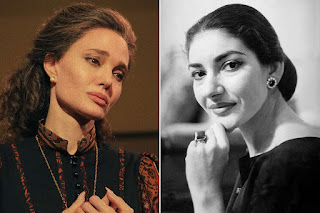Watching Timothée Chalamet step off a bus in Greenwich Village on a quest to find Woody Guthrie, wearing that classic Dutch boy cap and looking for all the world like a young Bob Dylan, I almost felt like I was there. In "A Complete Unknown," Chalamet does an amazing job capturing Dylan's voice while performing some of his greatest songs.
But in the end, the film ends in a muddle of mixed non-reasons Dylan abandons his folkie roots, mistreats his women, and questions his own talent and importance.
It wasn't just sudden, huge fame that changed Dylan. His fame was such that people almost thought he was the second coming, our society's savior. More than anyone, his lyrics nailed his times, when the civil rights, environmental, and anti-war movements coalesced, all fueled by music—and marijuana.
Yet, not only is there no pot smoking at all in "A Complete Unknown," there's practically no discussion or presentation whatsoever about the politics of the time in the film. In one scene, Dylan watches the Cuban Missile Crisis unfold on TV and is sought out by Joan Baez (Monica Barbaro) while playing his masterful song "Masters of War" in a coffeeshop, after which they (rather inexplicably) make out in the stairwell and sleep together. But despite Baez's strong political beliefs and activism, and the fact that she and Dylan performed together at the 1963 March on Washington, the two never talk politics in the film. Yeah, right. Instead, he's shown acting out on stage when the two tour because he's tired of performing "Blowin' in the Wind."





